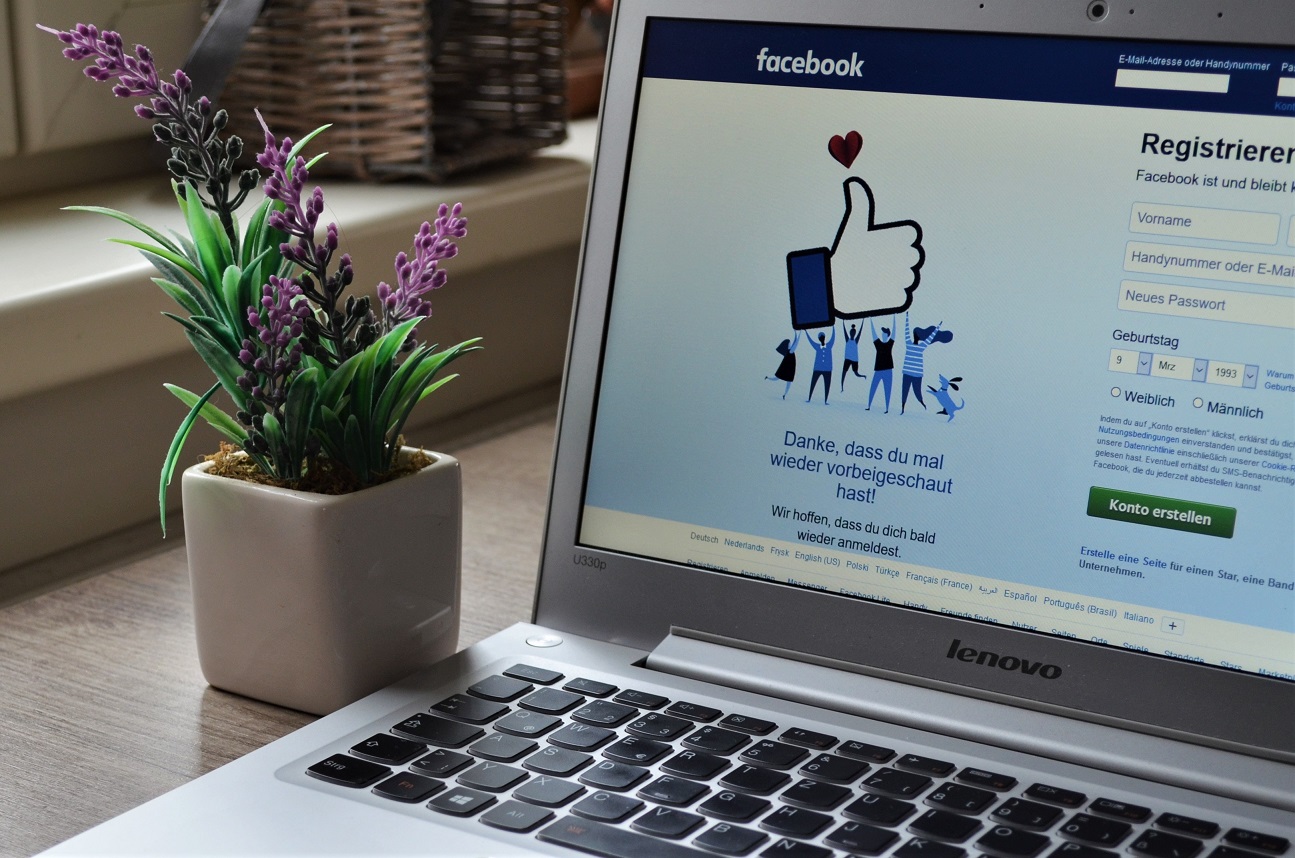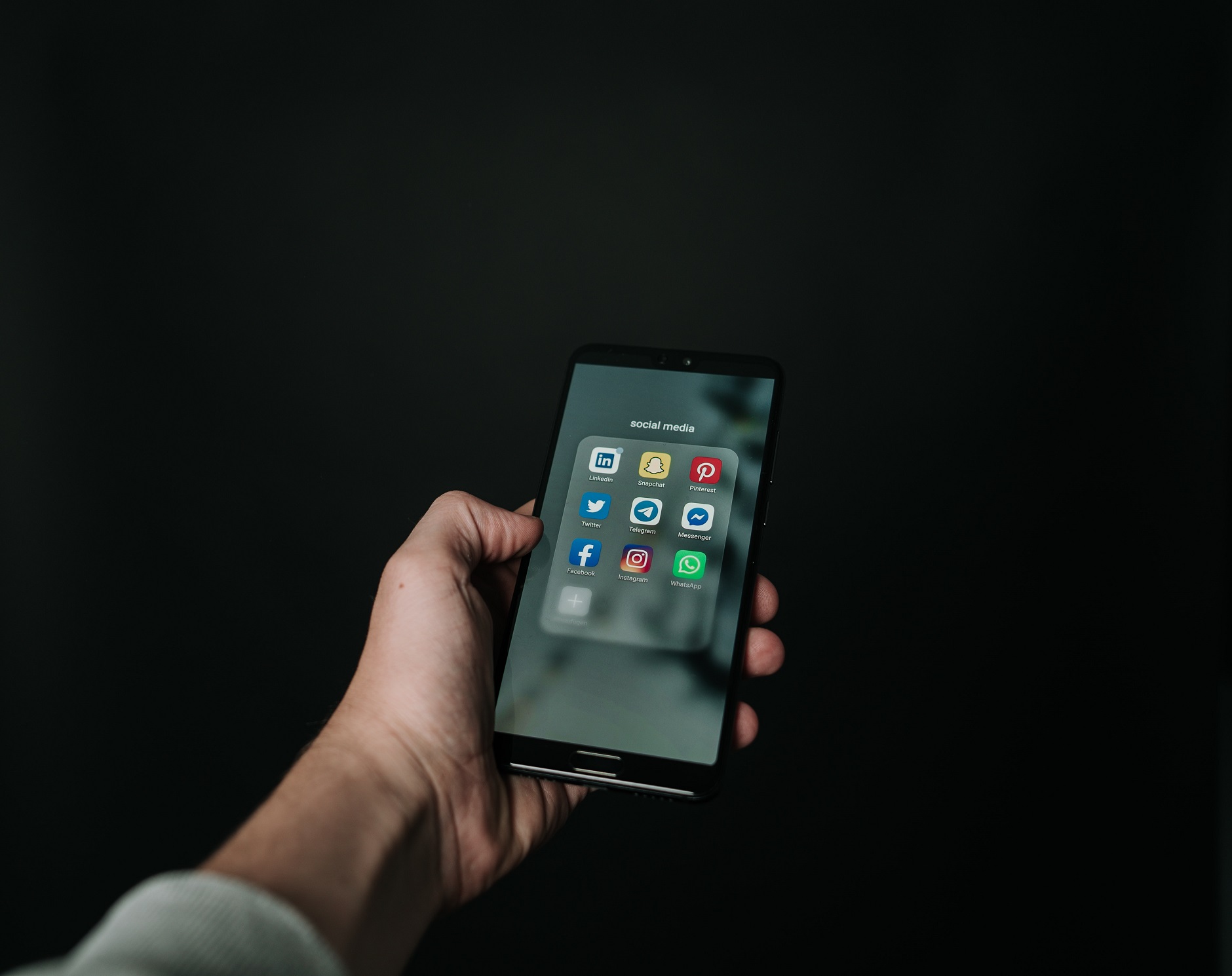Those who regularly use social media might benefit from take a weeklong reprieve.
There have been many studies on the impact of social media on mental health – both from a positive and a negative perspective. Authors have suggested that use can foster connection and make those suffering from loneliness and depression feel more at ease. There have also been accounts documented of sites like Facebook, TikTok, and Instagram causing users to withdrawal from face-to-face interactions, isolate and develop social anxiety.
A new study by University of Bath researchers, which was published in the journal of Cyberpsychology, Behavior and Social Networking, found that taking a break from social media altogether for a week can have a significant, positive impact on one’s overall mental health and well-being.
“Staying off social media for a week meant, for some study participants, gaining about nine hours of free time,” British researchers wrote. The positive association between added free time and eliminating social media is more profound in those who spend a lot of time online.

Jeff Lambert, an assistant professor of health psychology and the study’s lead author, said, “Those who took the week-long break used social media an average of 21 minutes, compared with about seven hours among those who didn’t. If you’re feeling like you use too much social media and this is negatively impacting your mental health, then taking a break may be worth a try and give you at least some short-term improvements. These findings could have implications for how people manage their mental health, offering another option for people to try. However, further research is needed to examine longer-term effects and whether it is suitable in a clinical context.”
Researchers randomly chose “154 people ages 18 to 72 who used social media every day, instructing them to either stop using all social media for a week or continue using it as usual.” Those who participated spent “an average of eight hours a week on social media.” The team concluded that “those who took a break from social media had significant improvements in well-being, depression and anxiety, compared with those who continued to use social media.”
Dr. Scott Krakower, a psychiatrist at Zucker Hillside Hospital in New York City believes, for some, being online for an extended period of time can cause them to start comparing themselves to others. This is mainly because users tend to portray only positive aspects of themselves and their lives online.
“They may feel inadequate because they’re not like those people that they’re interacting with,” he said. “You know nothing about them, yet you still know a lot of information and you may feel like you’re being excluded because of some of the things that other person is doing so that evokes feelings of inadequacy and lowers self-esteem.” In general, Krakower believes in an ‘everything in moderation’ approach.
“I think if you have a suspicion that the depression [and] anxiety is coming from being online or you’re getting upset by looking at things you notice in social media, and it’s getting in the way of your functioning, then I think you need to take a little break, even if it’s a day or two days, and see how you do without it,” he said. “I don’t think you have to be off completely unless you feel like you’re completely addicted to it, but I think you need to monitor it.”


Join the conversation!